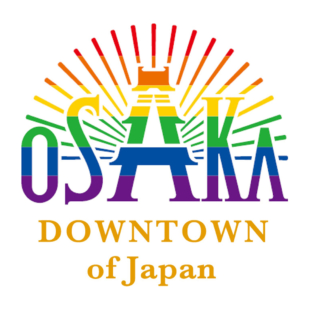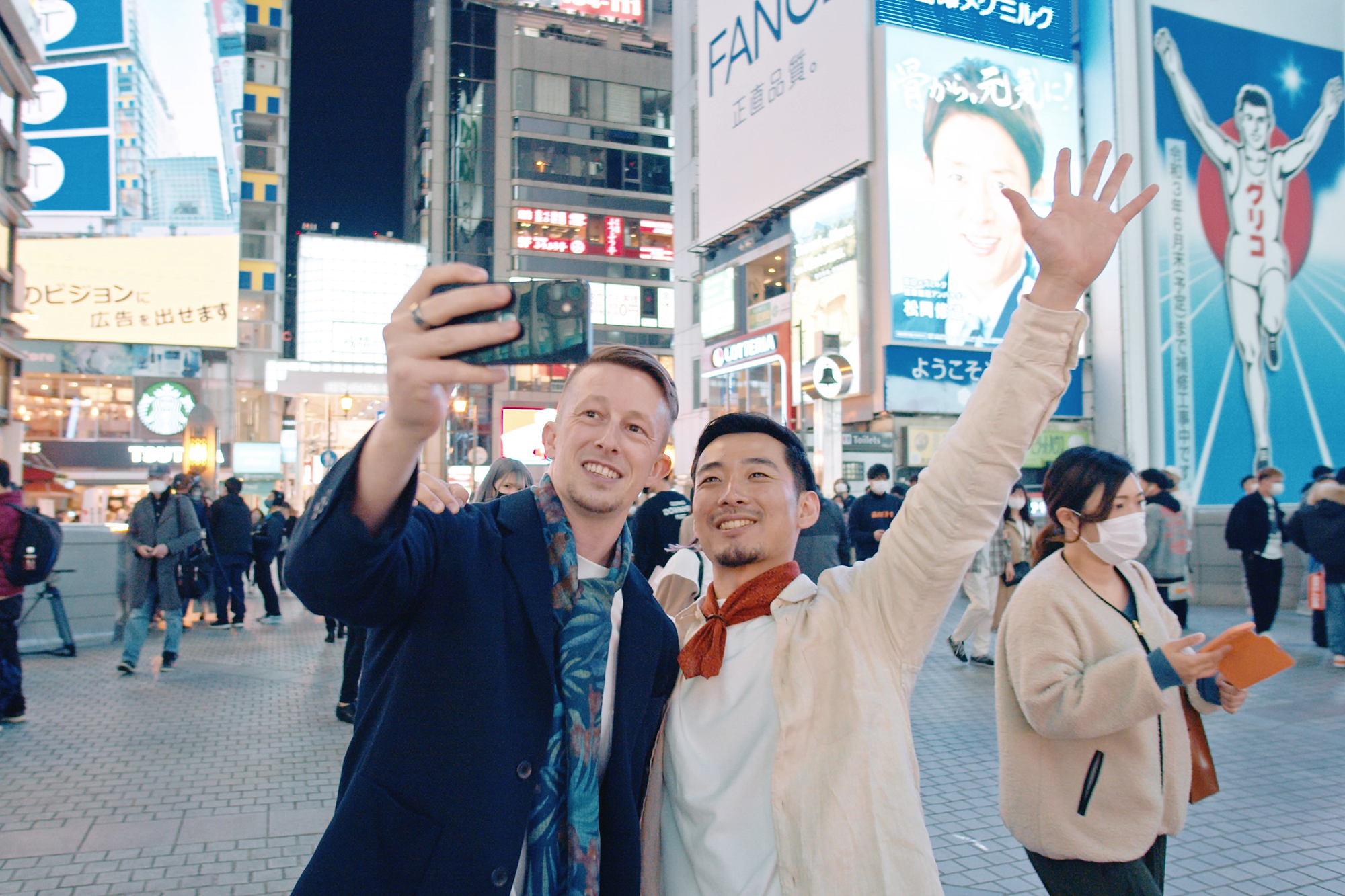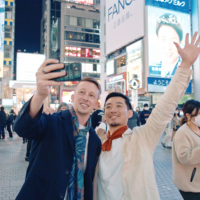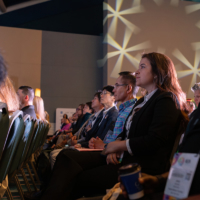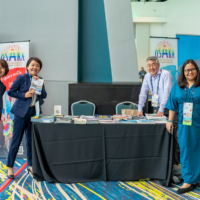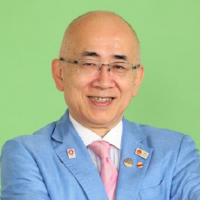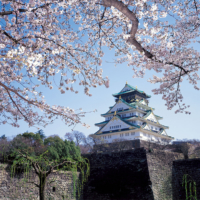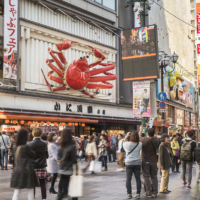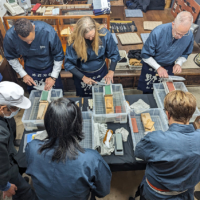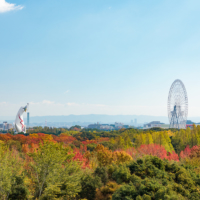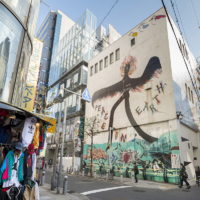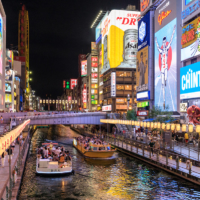This year, the International LGBTQ+ Travel Association conference is being held in Osaka, a city full of energy, excitement and cultural history. LGBTQ-related parties from approximately 80 countries around the world are attending the event from Oct. 23 to 26.
IGLTA, founded in the United States in 1983, is the global leader in advancing LGBTQ+ travel and an Affiliate Member of U.N. Tourism, the United Nations agency responsible for the promotion of responsible, sustainable and universally accessible tourism. The IGLTA’s mission is to provide information and resources for LGBTQ+ travelers and expand tourism globally. The group’s membership includes LGBTQ-welcoming accommodations, destinations, service providers, travel agents, tour operators, events and travel media in 80 countries. Last fall, the convention was held in San Juan, Puerto Rico, and saw the largest gathering in IGLTA events history, with over 700 delegates representing 37 countries and territories attending.
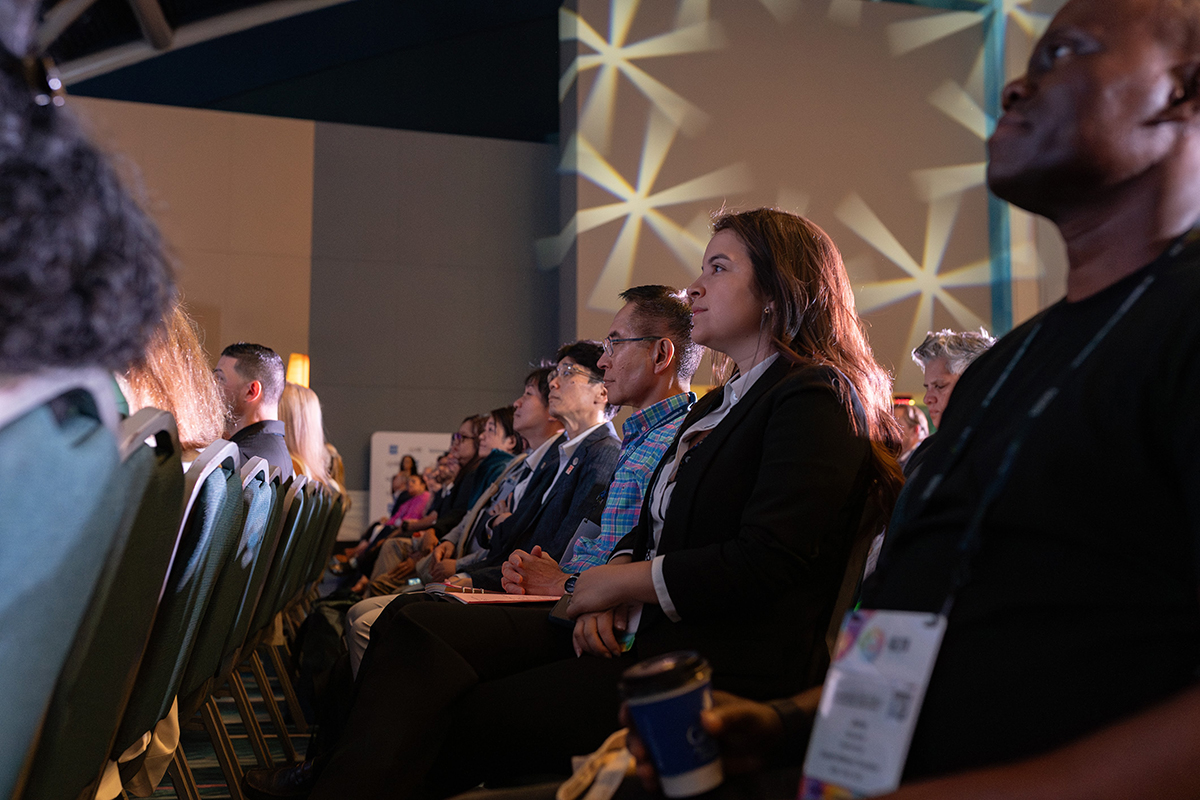
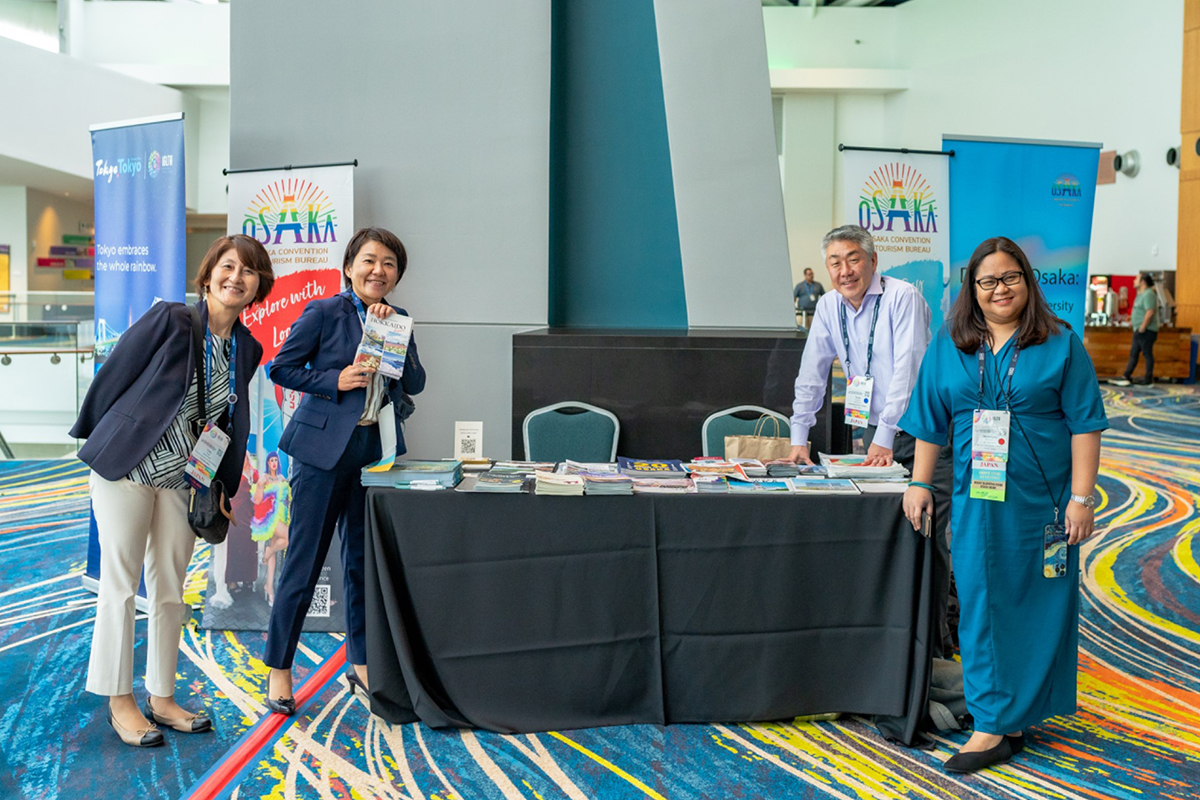
First time in Asia
As the world’s largest and longest-running educational and networking conference of its kind for tourism professionals, the conference will be held for the first time in Asia. Seminars and events are planned for the four-day conference, where attendees can exchange ideas and information on inclusive tourism.
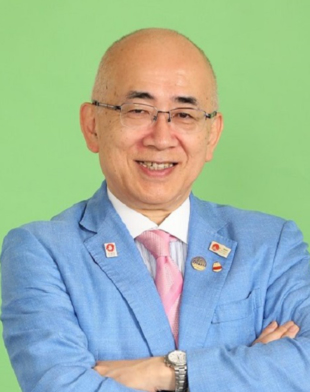
Hiroshi Mizohata, president of the Osaka Convention & Tourism Bureau, which is a member of IGLTA, said that OCTB’s slogan and goal is to make Osaka “Asia’s No. 1 international tourism and culture city.”
“Osaka has history, tradition, a spirit of challenge, as well as strengths in culture, sports and entertainment,” he said.
The OCTB is the official destination-marketing organization representing Osaka Prefecture and the cities of Osaka and Sakai. Capitalizing on its vibrant history, culture and economy, the OCTB promotes Osaka as a premier business, leisure and convention destination through a wide range of initiatives, including those for the LGBTQ+ community.
Cultural melting pot
During the Edo Period (1603 to 1868), Osaka bloomed as the logistical and commercial center of Japan. It is Japan’s second-smallest prefecture by size but third most-populous after Tokyo and Kanagawa, and filled with friendly, comedy-loving residents. The city is a melting pot of cultures, ideas and personalities, all of which stem from its history as Japan’s center of commerce and culture.
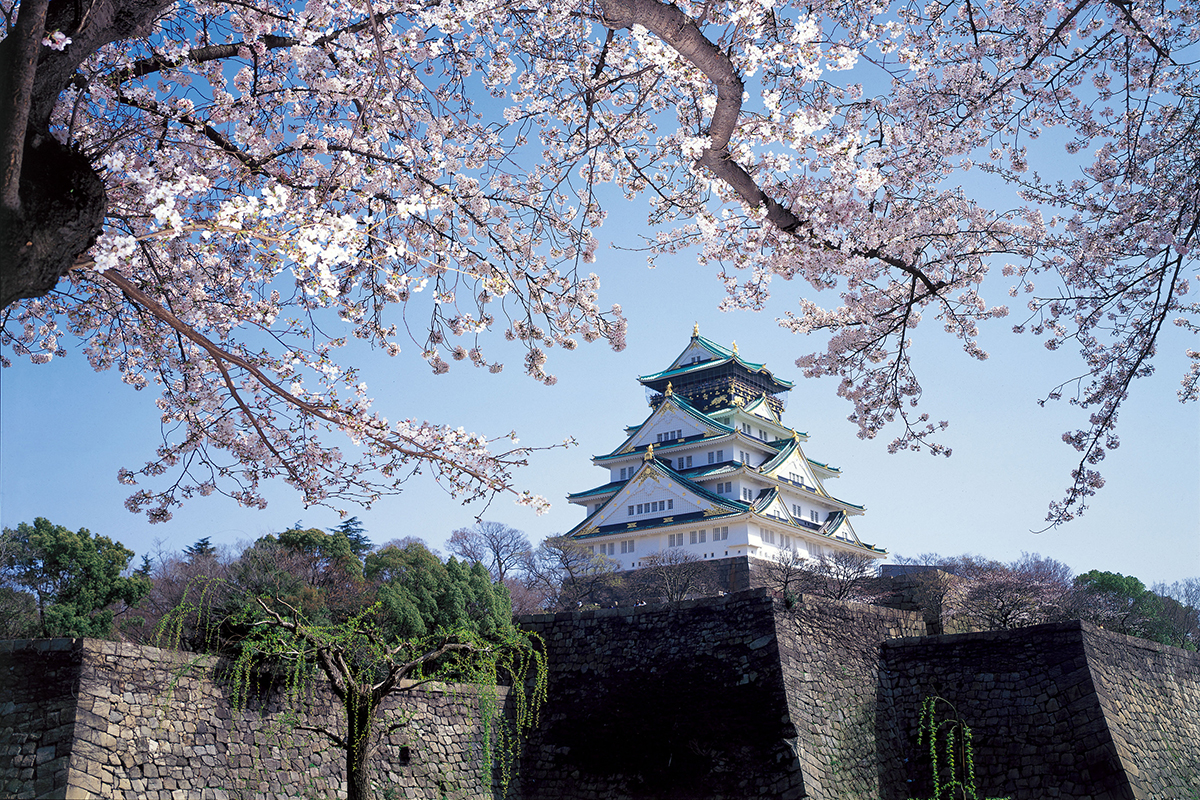
For centuries, Osaka has been known as “tenka no daidokoro” (the nation’s kitchen), where the specialties of Japan’s many regions have come together and flourished. It is a city rife with culinary development and innovation.
Dashi (soup stock made from kelp and bonito), for example, the now universal and essential component of Japanese cooking, first made its appearance in Osaka and continues to have a significant impact on Japanese food culture today. Tourists flock to the city for its culinary delights, including takoyaki (octopus dumplings) and okonomiyaki (savory as-you-like pancakes), and have a multitude of restaurants, snack stalls or food markets to choose from.
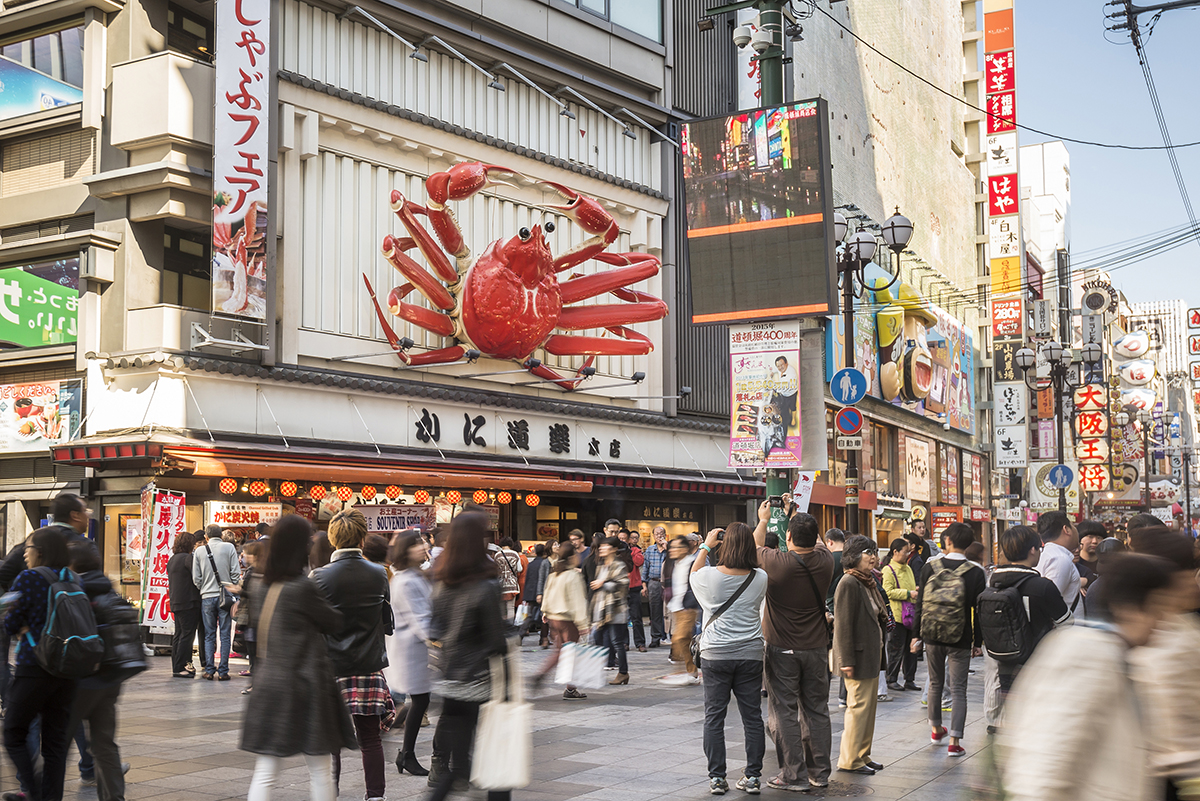
“Historically speaking, Osaka is a city of diversity and has a long history of being open to the world. In this context, my slogan is to create a city where everyone — regardless of nationality, age, gender, ideology, creed or religion — can proceed safely and comfortably or feel welcomed. I aim for Osaka to be a city that has a global standing, not just in Japan, but in the world,” Mizohata said.
According to Mizohata, who was formerly commissioner of the Japan Tourism Agency, this is exactly what the city aims to achieve through hosting the IGLTA conference and the upcoming 2025 World Expo, which will be the second hosted by the city.
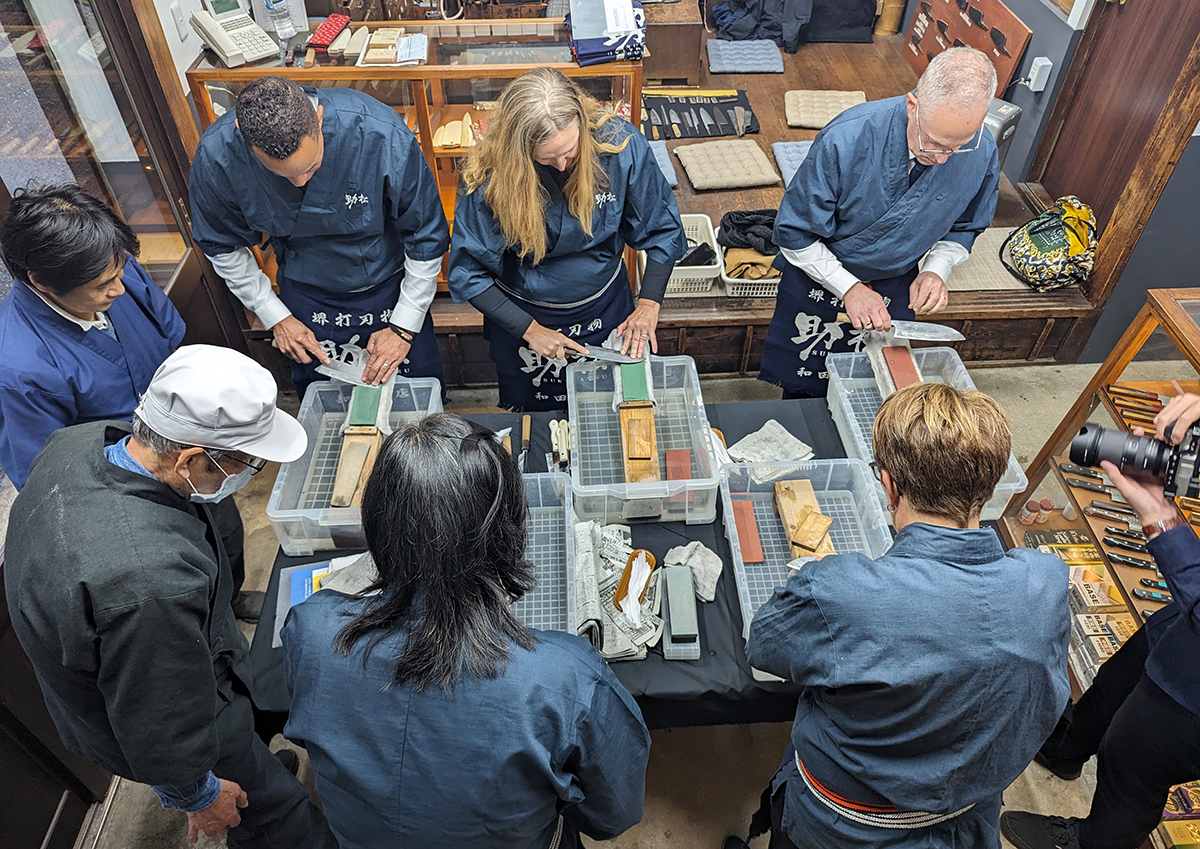
Toward Osaka Expo
He said the IGLTA conference will be a stepping stone toward the Osaka Expo, a six-month-long festival to be held from April 13 to Oct. 13 that will see 160 countries participate. The expo is said to be a celebration of peace in the world, and “diversity and gender equality are important to ensure the success of the expo,” he said.
“Everyone, regardless of nationality, age or gender, should be happy and energetic. I would like to show that we are the leader, or rather, the front-runner of making Japan an ideal tourism nation. I hope that everyone in Japan will have the same desire as we do when they meet tourists from all over the world on a daily basis,” he said.
During the IGLTA conference, Osaka Pride events will be held on Oct. 26 and 27, with a parade on the second day to feature two floats dedicated exclusively to convention attendees, offering a unique chance to celebrate alongside the local LGBTQ+ community.
Pride Month, which started in the United States in 1970, is about acceptance, equality and celebrating the work of LGBTQ+ people. It is also an opportunity to raise awareness about LGBTQ+ history and educate the public about topics related to the community. These celebrations usually take place in the form of parades where large crowds gather to march, often waving rainbow flags as their banner.
The marches are not only an opportunity for the LGBTQ+ community to show pride in their sexual orientation or gender identity, but also a way to demonstrate for legal rights, such as same-sex marriage.
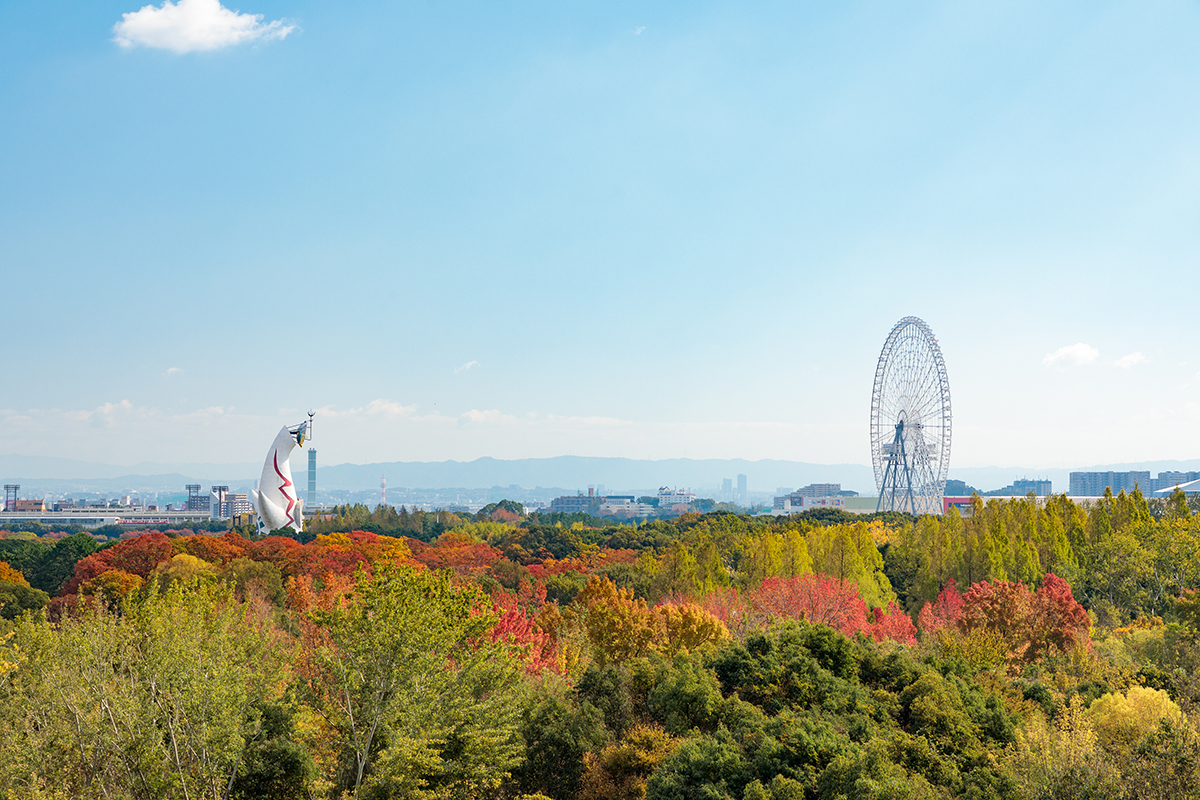
Situation in Japan
In Tokyo, Shibuya and Setagaya wards were the first in the country to enact ordinances offering special partnership certificates for same-sex couples in 2015. However, such arrangements are not legally recognized as marriage sanctioned by the state, so the couples do not receive the same rights as those who are legally married.
Four years later in October 2019, Osaka Prefecture enacted an ordinance on increasing the understanding of sexual orientation and gender identity, with the aim of realizing a society in which sexual diversity is respected and everyone can live in their own way. As part of these efforts, the Osaka Prefecture Partnership Oath Certification System was implemented in January 2020.
LGBTQ+ tourism
With regards to inclusive tourism, Osaka is making solid progress.
“We strive to become a showcase of all that Japanese tourism has to offer. To achieve this goal, we collaborate with regions and destinations across Japan and a wide range of industries to create exciting and innovative content. Gathering expertise from many different fields, we engage in industry-leading initiatives such as data marketing, greenery and the environment, LGBTQ+ travel, international student support and bringing in high value-added meetings and events that have a long-lasting and wide-ranging effect on Osaka,” Mizohata explained on the OCTB website.
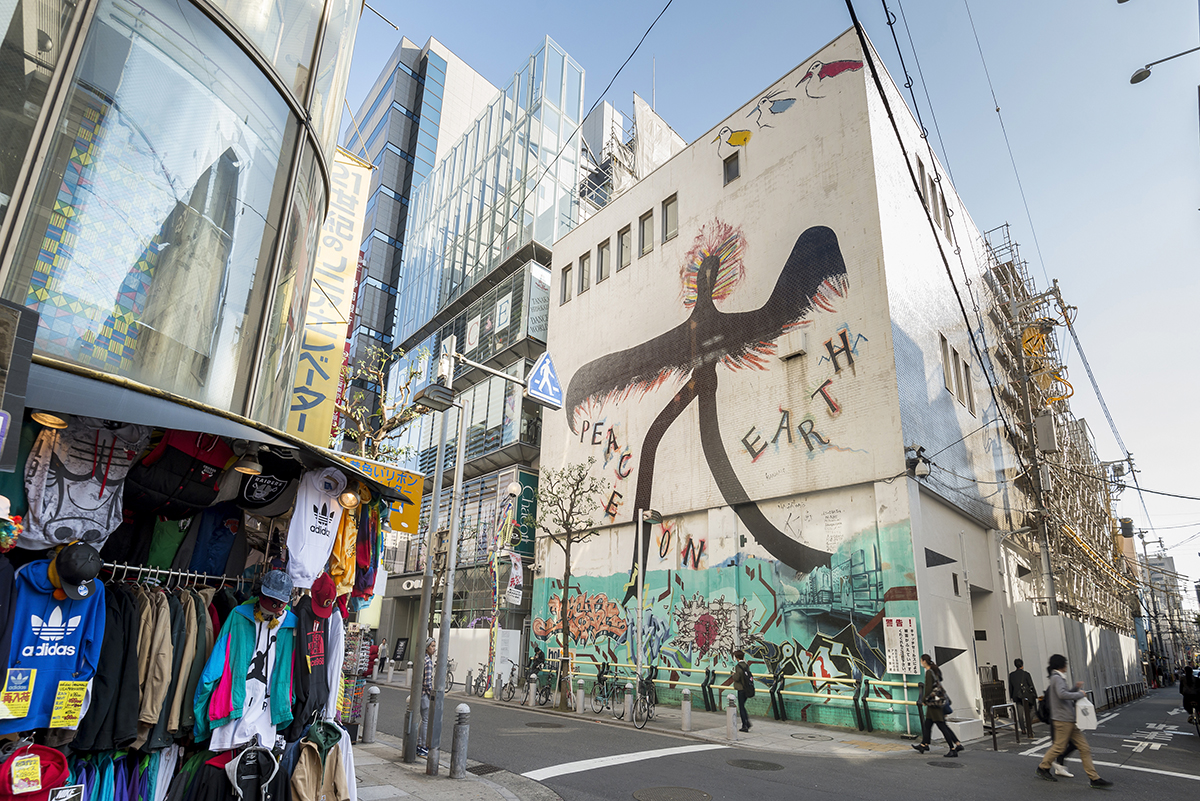
However, he feels that Japan is still a “closed country” and falls behind many others when it comes to LGBTQ-related initiatives. He said that prior to the IGLTA conference, the OCTB had conducted a lot of negotiations and coordination to bring people from different regions together to talk about diversity and equality. Thus, efforts were made to communicate with tourist organizations in other municipalities.
“Unless we can work hard in Osaka and try to change Japan from the local level and increase the number of people with the same ideas and aims from Hokkaido in the north to Okinawa in the south, we will never be able to move forward,” Mizohata said.
He said that he would like to see foreign visitors who have come all the way to Japan to enjoy not only the attractions of Osaka, but also the charm throughout Japan.
Education is key
The OCTB has held seminars on LGBTQ+ topics, mainly for businesses, and set up the “Visit Gay Osaka” website to raise residents’ awareness of LGBTQ+ issues. The website, the first of its kind in the country, introduces inclusive events, tours on cooking and knife-making experiences, as well as popular bars, hotels and restaurants where guests can enjoy the unique regional cuisine of Osaka.
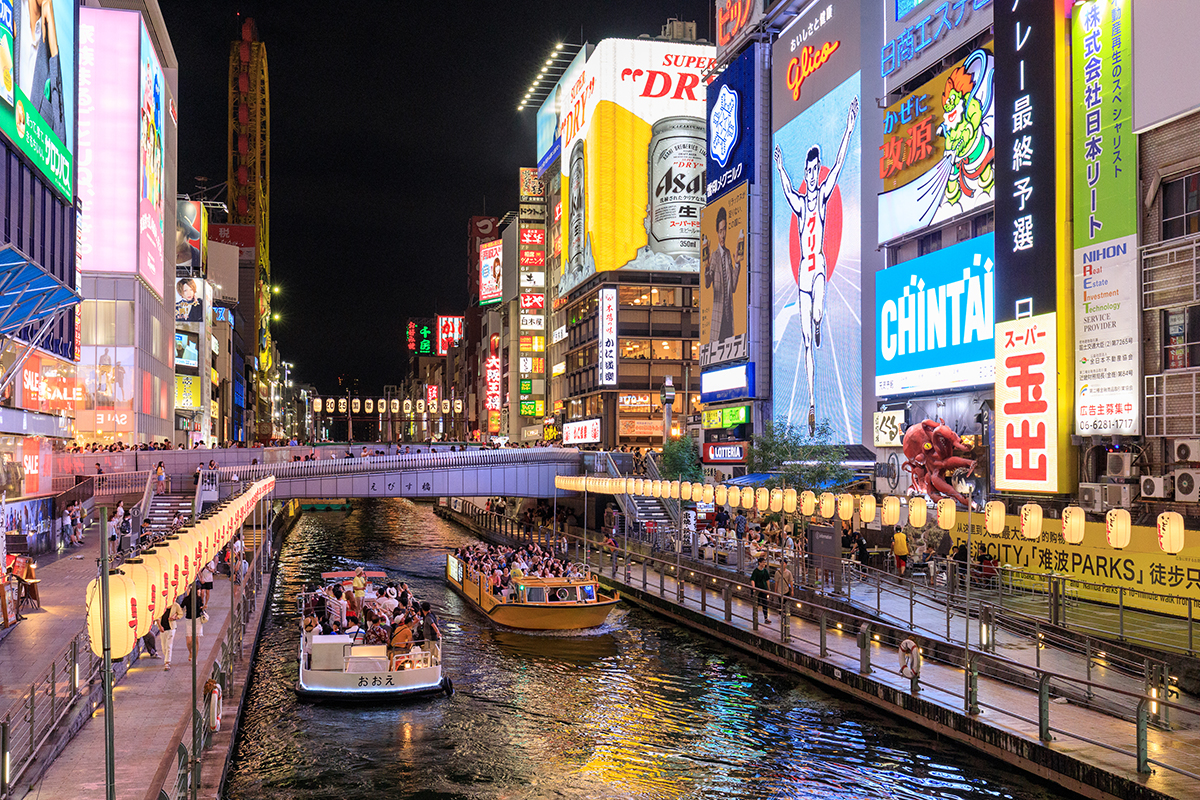
Mizohata, who has an international background, having attended school in France and Italy for three years, said he has firsthand experience on how people in Europe have adapted to diversity.
“The Japanese are historically an island people, so we are kind of defensive and are afraid of being left out. But there are diverse societies like Europe that have been created through the movement and exchanges of people. … When you go to Germany, for example, it is a nation of immigrants, so people of all races and religions are mixed together. So naturally, you learn diversity in school and society,” he said.
As such, he feels that education from an early age is important to realize such openness to diversity.
Additionally, he said that since Japan is still a newcomer in addressing LGBTQ+ issues compared with other countries, he believes that the conference will provide a good opportunity for Japan to learn from other countries through personal interaction.
“I would like to take this opportunity to hear about the challenges other countries are facing, and learn from them,” he said.
Mizohata further added that kindness, compassion and love for others regardless of backgrounds is important to realize world peace and global cooperation.
“I hope that this convention will be a chance to enhance the reputation of Osaka and, consequently, of Japan. I would like to make a strong impression on the people of the world that Japan and Osaka are places where everyone, regardless of nationality, age, gender, disabilities, ideology, creed or religion, can stay comfortably and safely. And in the end, I would like to realize a model city where everyone can enjoy themselves in a safe and secure environment with respect for everyone,” Mizohata said.
A native of Kyoto Prefecture and a graduate of the University of Tokyo, Mizohata worked at the then-Home Affairs Ministry before founding professional soccer team Oita Trinita, which won the 2008 J. League Cup. He became commissioner of the Tourism Agency at the Land, Infrastructure, Transport and Tourism Ministry in 2010, and president of the Osaka Convention & Tourism Bureau in 2015.
